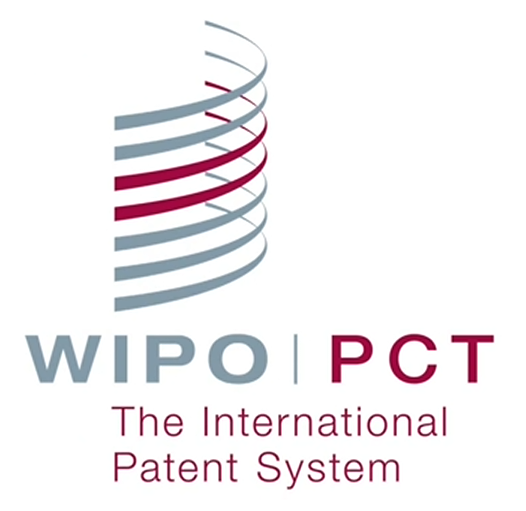
In Humanity Life Extension LLC v. Union of India, the Delhi High Court refused to read Rule 49.6 of the Patents Cooperation Treaty Regulations (a provision that provides for condonation of delay by a period of one month with respect to the submission of national phase patent application) in the petitioner’s favour. The Controller of Patents had earlier declined to entertain the petitioner’s national phase application on the ground that it breached the statutory deadlines set out in the amended Rule 138 of the Patent Rules 2003. The petitioner approached the High Court against the decision of the Controller of Patents.
I have certain doubts regarding this judgment. Please see the ‘Comments Section’. My argument is, it is plausible that the amended Rule 138 violates PCT obligations.
Facts
The petitioner is a medical device manufacturing company that intends to patent its invention titled “System and Method for Treating Blood” in India. The given below timelines are relevant for appreciating this case:
| 6 February 2017 | The petitioner filed the US patent application. |
| 5 February 2018 | The petitioner filed an International Application under the Patent Cooperation Treaty (PCT). |
| 5 September 2019 | The petitioner instructed the Indian Patent Attorney to file the application. But he did not. |
| 6 September 2019 | The 31 months’ time period from the priority date (i.e. 6 February 2017) for filing the Indian-national phase application ended. |
| 1 October 2019 | The petitioner filed the National Phase Application before the Controller of Patents; but it was returned on 3 October 2019. |
| 9 October 2019 | The petitioner once again filed the National Phase Application citing Rule 49.6 of the PCT Regulations; but it was returned on 14 October 2019. |
Judgment
The Court considered whether the amendment to Rule 138 of the Patent Rules (which took away the power of the Controller to condone the delay by a period of one month in relation to filing of international applications designating India) is ultra vires of Section 159 of Patents Act, 1970.
Section 159 is a provision enabling the central government to frame rules for giving effect to the purposes of Patents Act, 1970. The petitioner argued that the central government, while exercising its powers under Section 159 to amend Rule 138, cannot flout the obligations under PCT.
The High Court relied on its earlier 2022 judgment in Diebold Self Service Systems v Union of India and Ors (paragraph 24) and did not find merit in the above arguments of the petitioner. The High Court reasoned that the Indian government had invoked the reservation under Rule 49.6 (f) of PCT Regulation and therefore, Rule 49.6 (a) of PCT Regulation is inapplicable. The High Court held that the timelines mentioned under the amended Rule 138 are strict timelines without any scope for condonation of delay.
The relevant rules for the purpose of this post are as given below:
“49.6 Reinstatement of Rights after Failure to Perform the Acts Referred to in Article 22
(a) Where the effect of the international application provided for in Article 11(3) has ceased because the applicant failed to perform the acts referred to in Article 22 within the applicable time limit, the designated Office shall, upon request of the applicant, and subject to paragraphs (b) to (e) of this Rule, reinstate the rights of the applicant with respect to that international application if it finds that any delay in meeting that time limit was unintentional or, at the option of the designated Office, that the failure to meet that time limit Signature Not Verified Digitally Signed Signing Date:21.07.2023 occurred in spite of due care required by the circumstances having been taken.
. . . . . . . .
(f) If, on October 1, 2002, paragraphs (a) to (e) are not compatible with the national law applied by the designated Office, those paragraphs shall not apply in respect of that designated Office for as long as they continue not to be compatible with that law, provided that the said Office informs the International Bureau accordingly by January 1, 2003.”
Comments
India follows dualism in international law i.e. both municipal law and international law are considered to be two separate streams. Unless and until the relevant international law is transformed to/or incorporated into the municipal law, it is not applicable.
The High Court treated the given case as a straight-forward case i.e. Rule 49.6 of PCT Regulations is not even applicable given the reservation made by the Indian government. But I am not quite sure about the merit of this reasoning. Rule 138 was amended on 16 May 2016. That means, before 16 May 2016, the Controller had the power to condone the delay. (As the High Court itself noted in this case, “12. Whereas, prior to the amendment, the Controller had the power to extend the period prescribed under Rule 20(4)(i) of the Patents Rules by a period of one month. It ceased to have such power with effect from 16.05.2016.”) The following issues arise here:
- As you can see above, the cut off date for placing the reservation under Rule 49.6 (f) was 1 January 2003. Can the government place a valid reservation after the cut off date (i.e. in this case around 16 May 2016)?
- If a valid reservation is not possible, does the amended Rule 138 violate PCT obligations? These issues are not discussed either in this judgment or in the earlier 2022 judgment in Diebold Self Service Systems v Union of India and Ors (paragraphs 24 and 31). Interestingly, the 2022 judgment states as follows: “24…….Admittedly, India has already initiated the requisite steps under Rule 49(f) of PCT Regulations.” The expressions “has already initiated” does not give a clear answer as to whether the government made a valid reservation under Rule 49.6 (f) of PCT Regulations.
I am of the view that the petitioner should examine the feasibility of appeal against the judgment.
